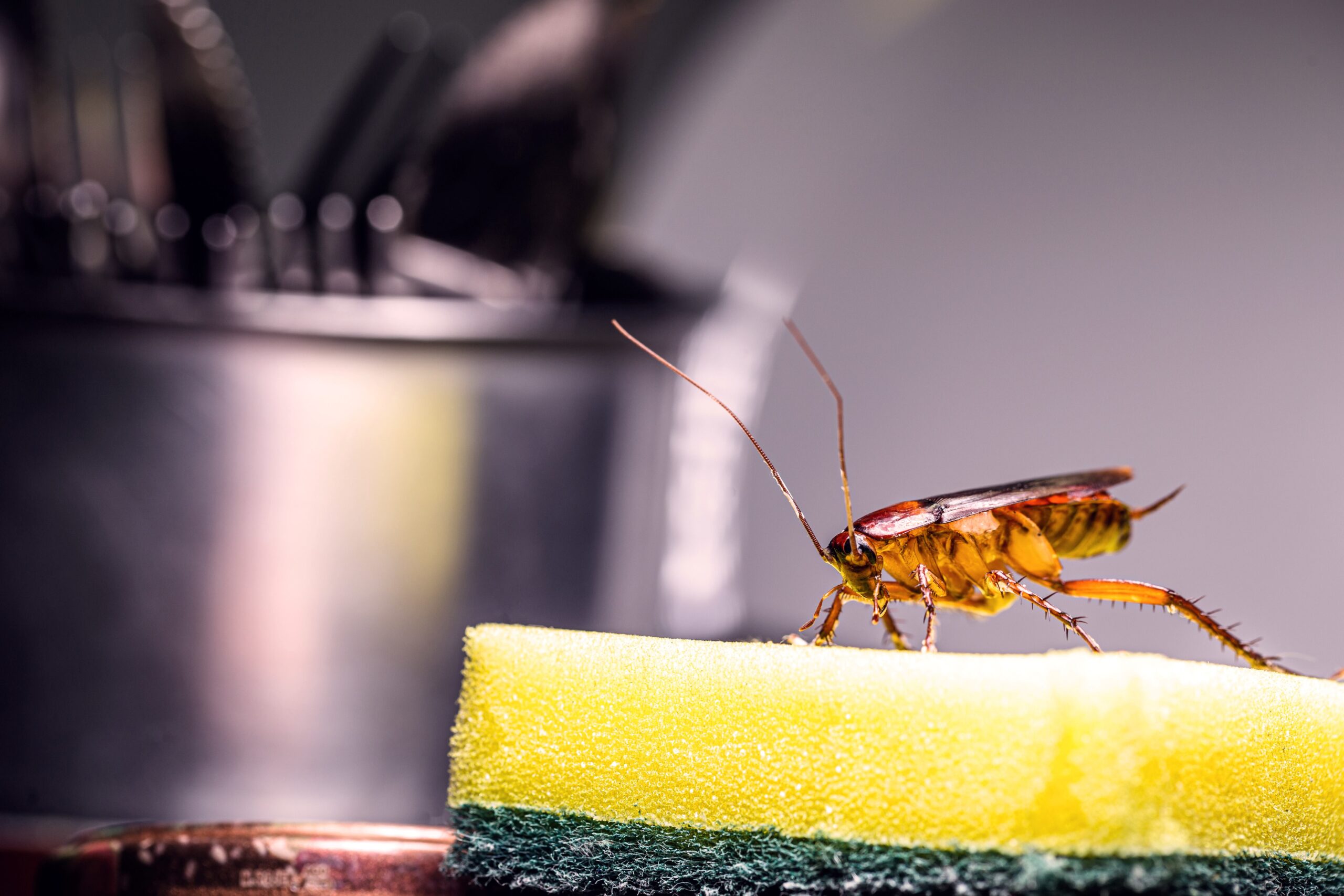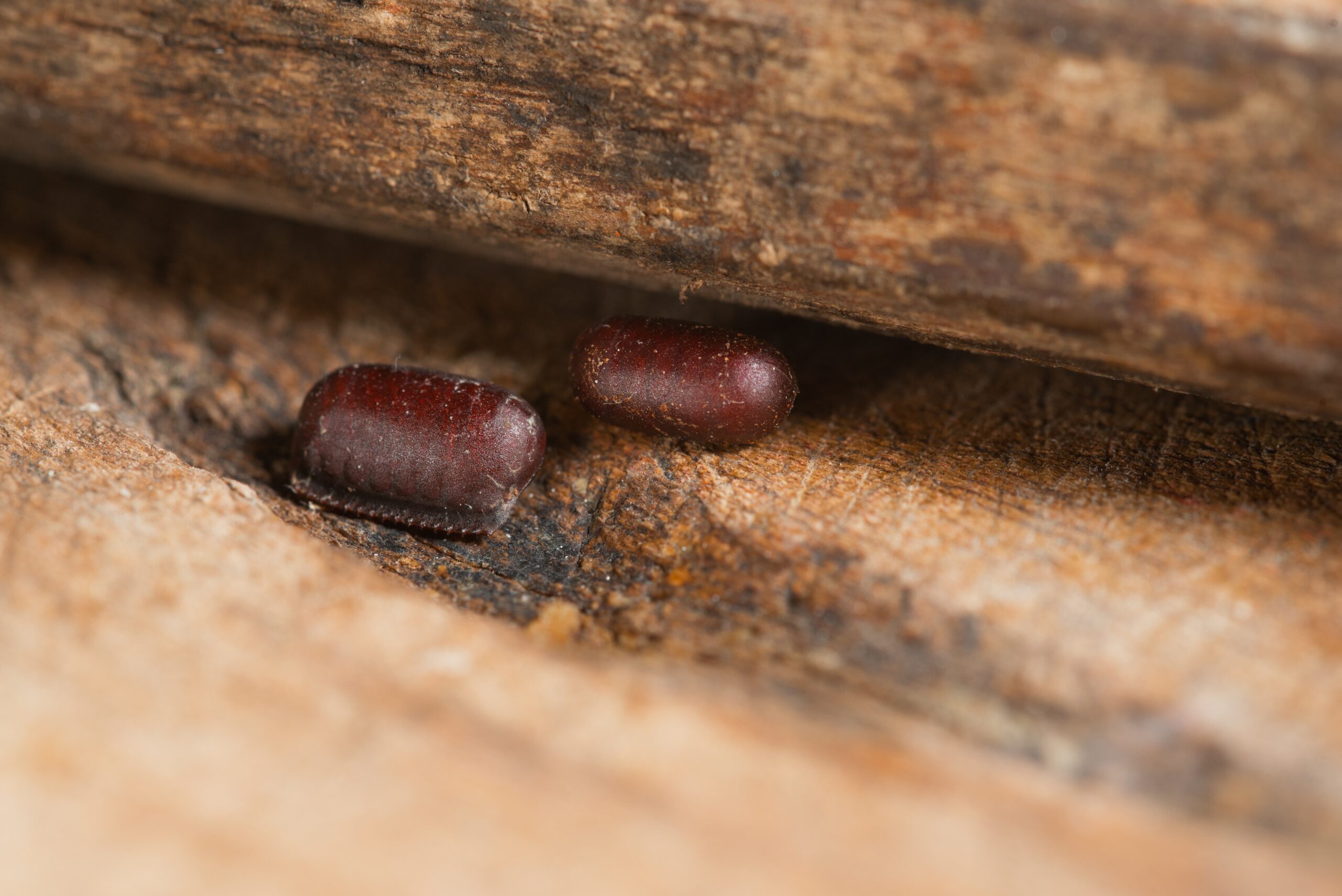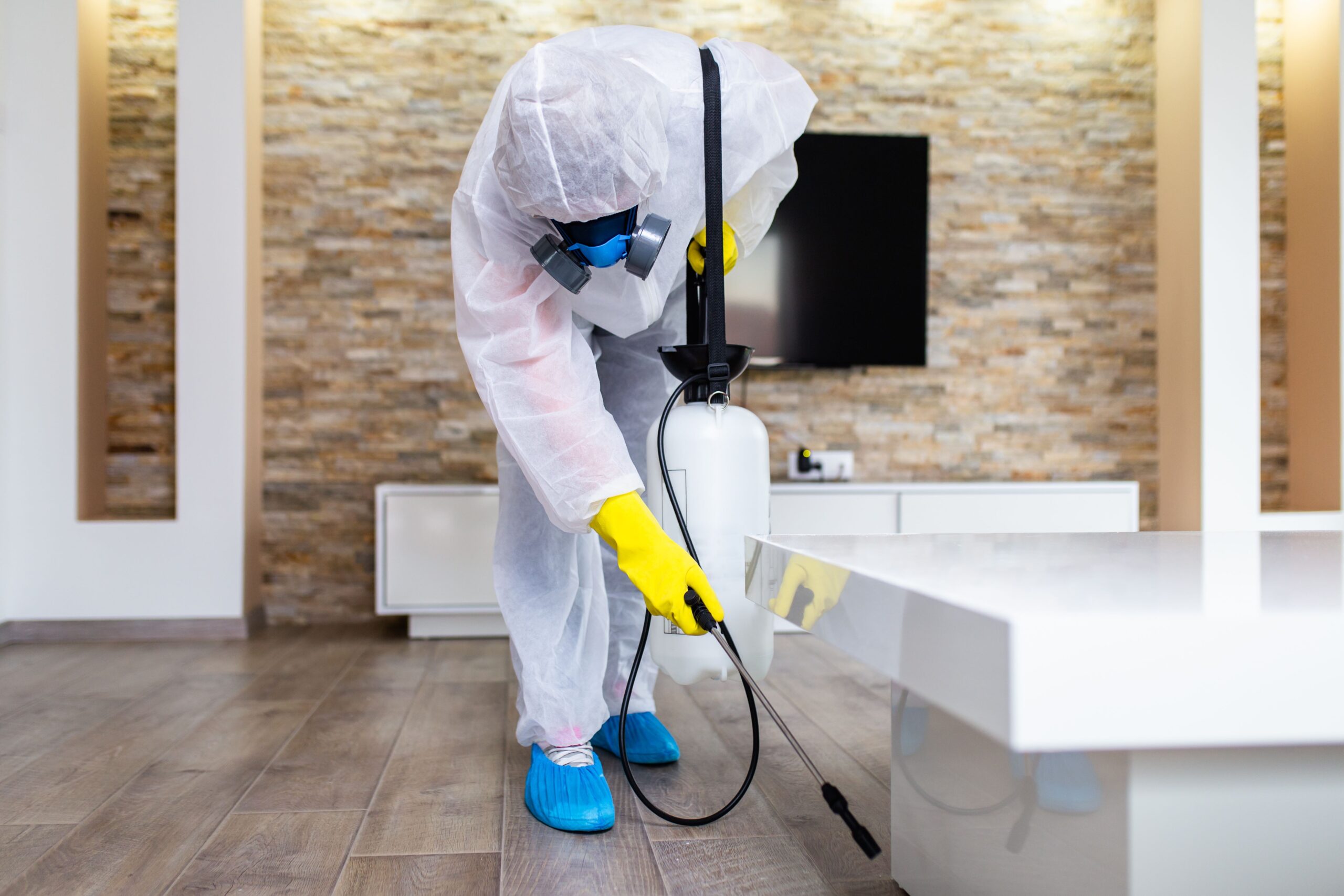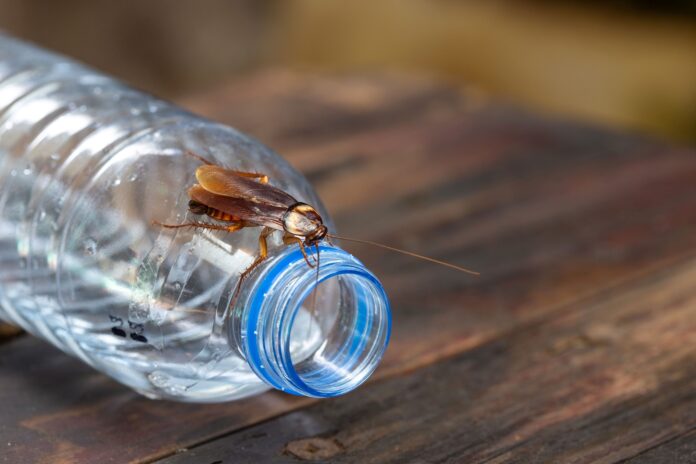If you think you’ve had more unwanted ‘party guests’ at this time of year than ever before, you may be right.
Annoying, icky, disease-carrying cockroaches have always relished a Queensland summer, with the hot, humid conditions and higher rainfall.
But we may be inviting in these scavenging, flat bugs and encouraging them to stay without even knowing it, as a relatively new element creates a ‘perfect swarm’.
Cockroaches love a party … or rather, they love the aftermath of one, when the beer bottles and cans have multiplied, waiting for the next trip to the recycling depot.
Scroll down to SUBSCRIBE for our FREE news feed, direct to your inbox daily.
Wurtulla’s Chris Kenward, of Homesure Pest Control, believes our newfound interest in recycling is aiding and abetting the cockroach population explosion this time of year.
Since the Containers for Change scheme was introduced in Queensland on November 1, 2018, most Coast residents have tried to reduce landfill by stockpiling eligible aluminium, glass, plastic, steel and liquid paperboard drink containers between 150ml and three litres to receive a cash reward of 10 cents per item at the refund point.

The Queensland scheme expanded on November 1 last year to include glass wine and spirit bottles.
While Sunny Coasters have welcomed the recycling scheme with open arms, it seems we are yet to master insect-free bottle storage on our properties.
“Recycled bottles create a cesspool of cockroaches – cockroach hotels,” Mr Kenward said.
“It’s just a perfect breeding environment: you’ve got leftover soft drink in cans and beer.
“I go to some places where they’ve got pallet loads of bottles just sitting there and they’ve been sitting there for six months.

“I’ve noticed there’s more mulch and moisture with that bit of rain. Humidity is certainly an add-in. That’s a perfect breeding environment.
“But they’ve got to get their sustenance from somewhere. This is my experience and my findings.
“The recycling rubbish should be stored with a sealed lid or in a wheelie bin and (residents) should be surface spraying on the lid weekly.”
The loathsome insects never fail to horrify when we spot them flying in through open doors, climbing up bathroom drains and scurrying across kitchen floors.
The really big ones in and around Sunshine Coast homes are usually American cockroaches or the brown banded variety.
As we chase after them with the closest object with whacking value or reach for the nearest surface spray, they no doubt have managed to squeeze through the smallest crack in a wall or disappear behind the lounge.
And once cockroaches come to visit and like their surroundings, they tend to stay.
Learnaboutnature.com says cockroaches can be particularly challenging to manage because of their frequent reproduction.

“Depending on the breed, a female can generate hundreds or even thousands of young each year by laying eggs several times a year,” the website says.
“The female American cockroach produces an oothecae, or egg container, three to seven days after coupling. They can deposit anywhere between 10 and 55 eggs at once. Six to 14 oothecae are produced in a female adult’s lifetime.”
Want more free local news? Follow Sunshine Coast News on Facebook, LinkedIn and Instagram.
Roachfacts.com says that brown banded roaches live their whole lives indoors and can infest pantries to contaminate food and invade thin boxes or loose bags.
“Once they find an easy food source in your house or apartment, you can count on them sticking around. Before you know it, you might have a few hundred cockroaches sharing your leftovers and living in cracks in the walls or out-of-reach cabinets,” the website states.

Mr Kenward said that as well as early detection and prompt removal of cockroach populations, prevention was the safest bet to stop infestations.
“If you’ve got a house that’s particularly open, surface spray on the door thresholds is probably best,” he said.
“Spray the openings on your doorways and that will give you some kind of protection. Even though they can fly through the opening, most will land at the door thresholds and then walk over.
“Regular washing of the house and general cleaning up beside the property is good.
“Don’t have rubbish sitting up against the side of the house.
“Clean up the recycling and try to not have it sitting stagnant for too long.”
Mr Kenward suggests his clients have their household pest control done each year in spring.
“November is the perfect time to spray because you’re getting it before everything out there is breeding,” he said.
“If you do it in the month of November, the chemicals that are the strongest are holding you through those humid periods where you’re getting a lot of rain in the hot, dry areas.
“If somebody rings me and it’s June, I’ll say, ‘Can you hang on? Can you wait?’.
“Most of my clients are trained enough to call me in November.”
Help us deliver more news by registering for our FREE daily news feed. All it requires is your name and email at the bottom of this article.





